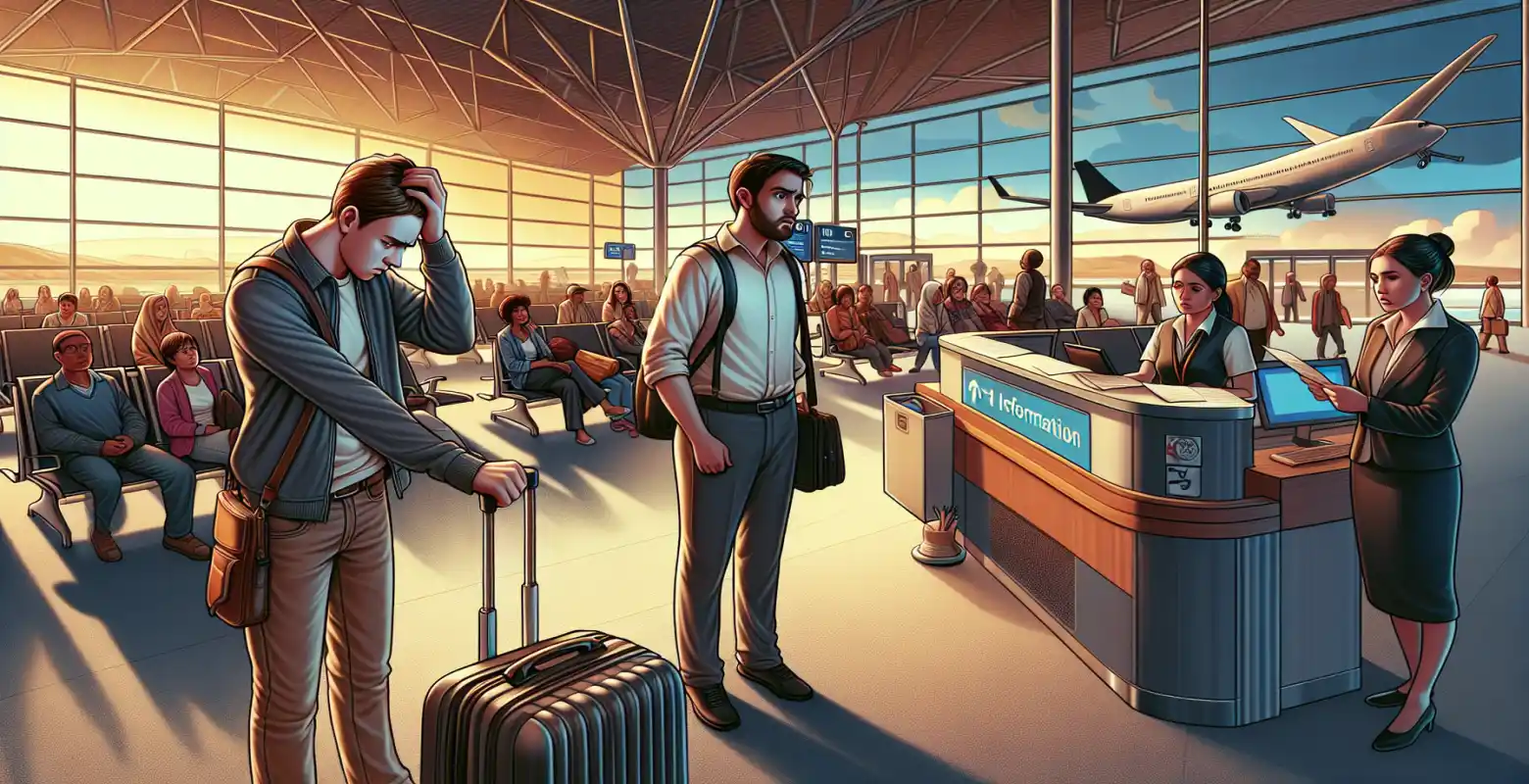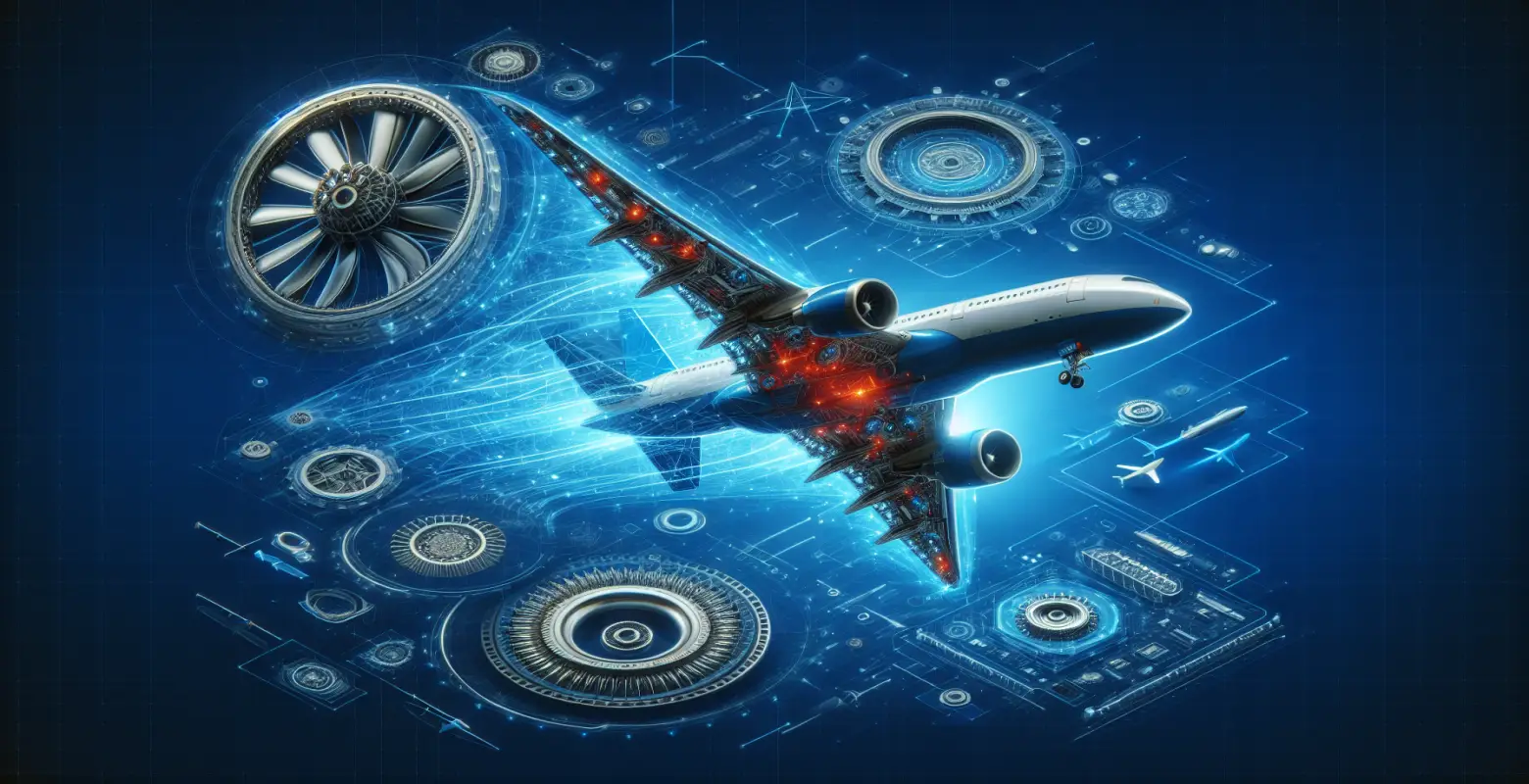What are the dominant trends in air travel in 2024?
Introduction
The year 2024 brings many changes and innovations in the field of air travel. In the era of globalization and intensification of international travel, the aviation industry is faced with the need to adapt to new challenges and customer expectations. Introducing new technologies, emphasis on sustainable development, and changing passenger preferences are just some of the factors shaping current trends in air travel. In this article, we will examine the most important of them, analyzing what innovations and changes dominate in 2024 and what consequences they may have for the future of the industry.
New Technologies and Their Impact on Air Travel
Technology plays a crucial role in the transformation of the aviation industry, and the year 2024 is no exception. One of the most important trends is the adoption of artificial intelligence (AI) and machine learning in various aspects of aviation operations. Airlines use AI to optimize routes, fleet management, and personalize passenger experiences.
Another significant trend is the increased automation of check-in processes, allowing for faster and more efficient passenger traffic management at airports. Automatic gates, facial recognition systems, and mobile check-in applications are becoming the norm, reducing waiting times and improving travel comfort.
The Role of Sustainable Development
In the face of growing concerns about climate change, the aviation industry is under pressure to reduce its carbon footprint. In 2024, sustainable development is one of the key topics. Airlines are investing in biofuels and technologies aimed at reducing carbon dioxide emissions.
Additionally, more and more carriers are taking actions towards sustainable aircraft design, which are lighter and more energy-efficient. The introduction of hybrid and electric aircraft is also on the horizon, which could revolutionize the way we fly.
Changing Passenger Preferences
Passengers now expect greater personalization and amenities during their travels. In 2024, airlines focus on customer experiences, offering more personalized services such as individual offers, onboard entertainment tailored to preferences, or culinary options catering to passengers' diets.
Another significant trend is the increasing demand for experiential travel, where passengers seek unique and authentic experiences at their destinations. Airlines collaborate with local tourism service providers to offer packages that combine flights with cultural and natural attractions.
The Impact of the COVID-19 Pandemic on Air Travel
Although the COVID-19 pandemic theoretically has passed, its impact on the aviation industry is still noticeable in 2024. Airlines had to adapt to new health and safety standards, which remain in place. The introduction of health certificates and strict cleaning procedures have become the standard.
The pandemic also accelerated the development of virtual travel and technologies enabling remote meetings, reducing the demand for business travel. To compensate for this decline, airlines focus on recreational and tourist travel.
Challenges and the Future of the Aviation Industry
Despite technological progress and the adoption of new solutions, the aviation industry faces many challenges. One of them is the increasing competition, both from traditional airlines and low-cost carriers. To remain competitive, airlines must continuously refine their offerings and optimize costs.
Another challenge is CO2 emission regulation and political pressure to reduce the impact of aviation on the environment. International cooperation and investments in new technologies are crucial to achieving sustainable development in this field.
The future of the aviation industry may also be defined by the development of suborbital and space flights, which are becoming increasingly realistic due to advancements in technology. This opens up new possibilities for tourism, but also poses new challenges related to safety and regulations.
Summary
Air travel in 2024 is full of dynamic changes and innovations that shape the future of this industry. New technologies, sustainable development, changing passenger preferences, and the impact of the COVID-19 pandemic are just some of the factors influencing current trends. The industry faces challenges, but also enormous opportunities that can transform the way we travel. Regardless of the direction aviation is heading, one thing is certain: these changes will have far-reaching consequences for travelers worldwide, shaping the future of travel in a new and exciting way.






Number of comments: 0